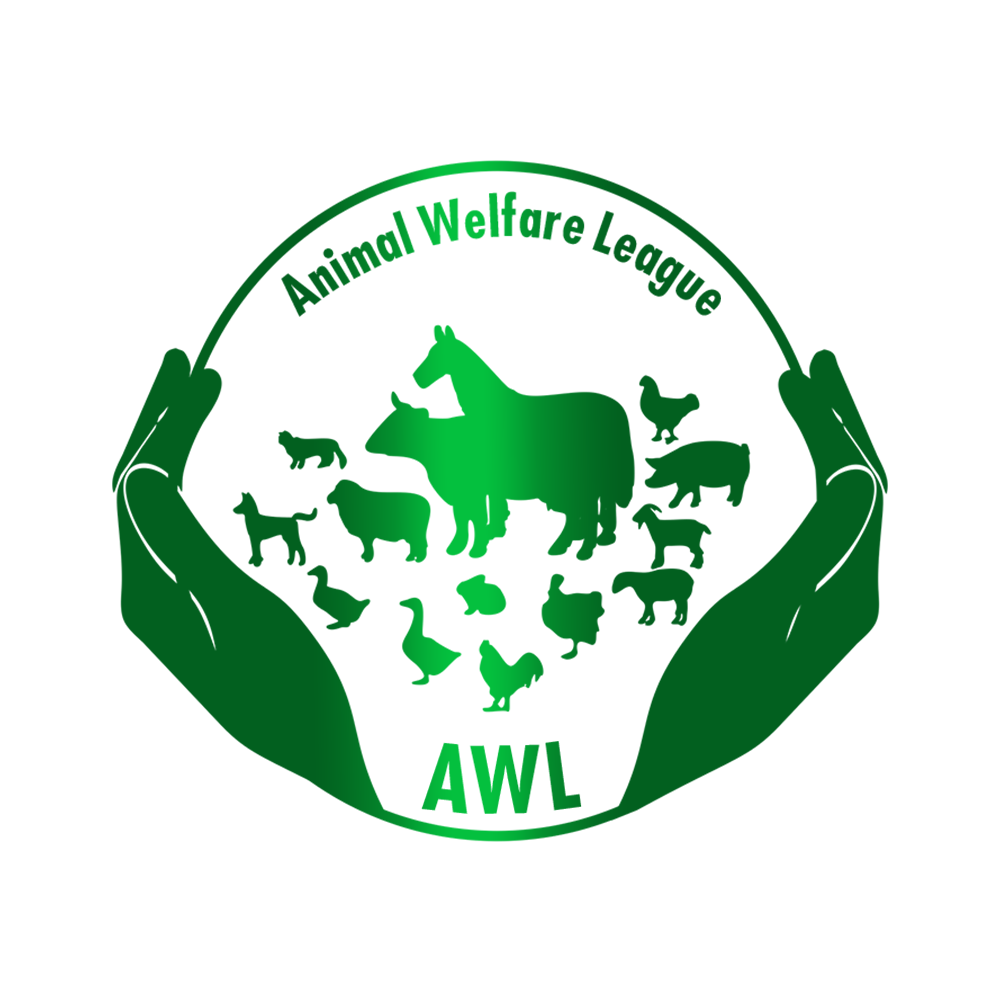Over 750,000 hens committed to cage-free housing in Ghana through farmer commitments
population of layers in a cage free aviary system
UPDATE AS OF MAY 2024
As part of our dedicated efforts to promote high-quality animal welfare standards in Ghana, the Animal Welfare League, as one of our key initiatives, engages key players including egg producers in the poultry industry to establish comprehensive guidelines that prioritize quality animal welfare; purported to reduce the needless injuries and pain animals such as layer hens go through their entire life by eliminating cruel farming practices such as battery cages which jeopardize the welfare of animals. We look forward to Ghana as a nation that is safe and friendly to the welfare of animals and averse to bad welfare practices by establishing these standards.
In pursuit of these objectives, we have identified and implemented a series of minimum standards for poultry farming currently observed by farmers in the National Cage-Free Farmers’ Network since the beginning of 2023. These standards are grounded in scientific principles and research that underline their significance in ensuring the well-being of chickens.
Loose Housing Systems: Chickens should be housed in loose housing systems, such as aviaries or open-floor systems, at all times. This housing style offers several benefits to the chickens, including increased mobility and space to engage in their natural behaviors.
Room for Natural Behaviors: This requirement is crucial to ensure that birds can express their natural behaviors, which are essential for their physical and psychological well-being.
Access to Appropriate Littered Areas: Providing chickens with access to an appropriate littered area is vital for their comfort and health.
Suitable Nest Access: All laying hens must have access to suitable nests. Nests provide a safe and secure environment for hens to lay their eggs.
Regular Health and Welfare Monitoring: Monitoring includes assessing the birds' physical condition, behavior, and overall well-being.
Enrichment: Enrichment refers to the provision of objects or activities that stimulate the birds' mental and physical faculties. Enrichment is scientifically proven to reduce stress and improve the overall welfare of birds.
REGIONAL DISTRIBUTION OF FARMERS AND LAYER HENS ON NATIONAL CAGE FREE FARMERS’ NETWORK
Regional Distribution of Farmers
There is a total of one hundred and thirty (130) farmers signed to Animal Welfare League’s national cage-free farmers’ network and below are the regional variations.
Regional Distribution of Layer Hens
The reported current production of the network is 762,210 hens, which is a sum of individual farm production. These layer hens are distributed across production regions as highlighted below.
Categorization of Farm Size
The size of individual farms in the network varies in the number of hens and below is a display of these variations making up the network





